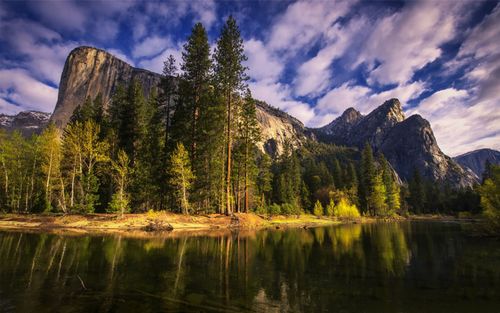In recent years, there has been a noticeable rise in spiritual and religious themes in mainstream media. From television shows like The Good Place and Lucifer to movies like A Wrinkle in Time and Harry Potter, it’s clear that audiences are fascinated by the intersection of religion and pop culture. This trend isn’t limited to the entertainment industry, either. As social media platforms have become more influential, influencers and brands have begun incorporating spiritual and religious themes into their content, sometimes as part of their marketing strategy.
Why is this happening? Some experts suggest that it’s a response to a broader shift in society towards more spiritual practices and beliefs. As traditional religious institutions decline in popularity, people are turning to more individualistic and eclectic forms of spirituality. These forms of spirituality often incorporate elements of different religions and draw on popular culture to create a personal belief system. In this context, it’s not surprising that people are drawn to media that reflects their beliefs.
But the rise of spiritual themes in mainstream media isn’t just about people’s personal beliefs. It’s also a reflection of broader social and political issues. For example, as society becomes more diverse and inclusive, people are increasingly interested in learning about different cultures and faiths. Media that incorporates diverse religious themes can help promote empathy and understanding between different groups.
At the same time, it’s important to recognize that not all representations of religion in media are positive or accurate. For example, some movies and TV shows might appropriate aspects of different religious traditions without fully understanding them. Others might play into stereotypes or present a narrow view of what it means to be religious. As consumers, it’s important to be critical of these representations and to seek out media that is respectful and informed.
The rise of spiritual themes in mainstream media is a complex and evolving trend. But it’s clear that it reflects deeper societal shifts towards more diverse and individualistic spiritual beliefs. As consumers, we have a responsibility to engage critically with this media and to promote representations that are respectful, inclusive, and meaningful.
(Note: Do you have knowledge or insights to share? Unlock new opportunities and expand your reach by joining our authors team. Click Registration to join us and share your expertise with our readers.)
